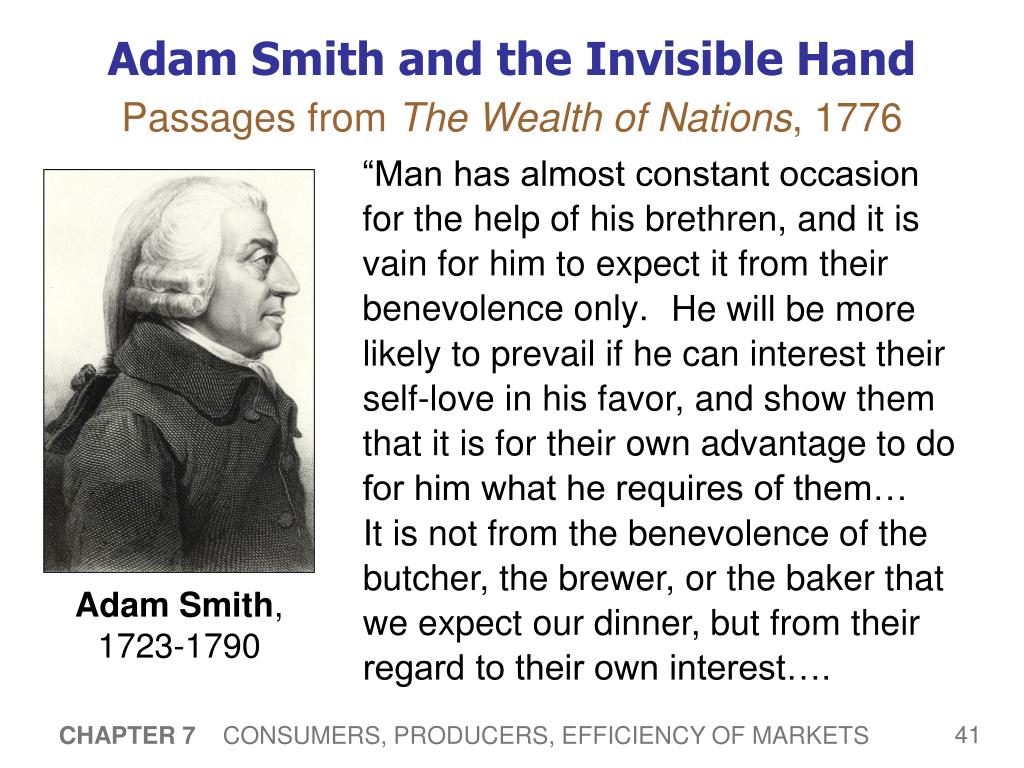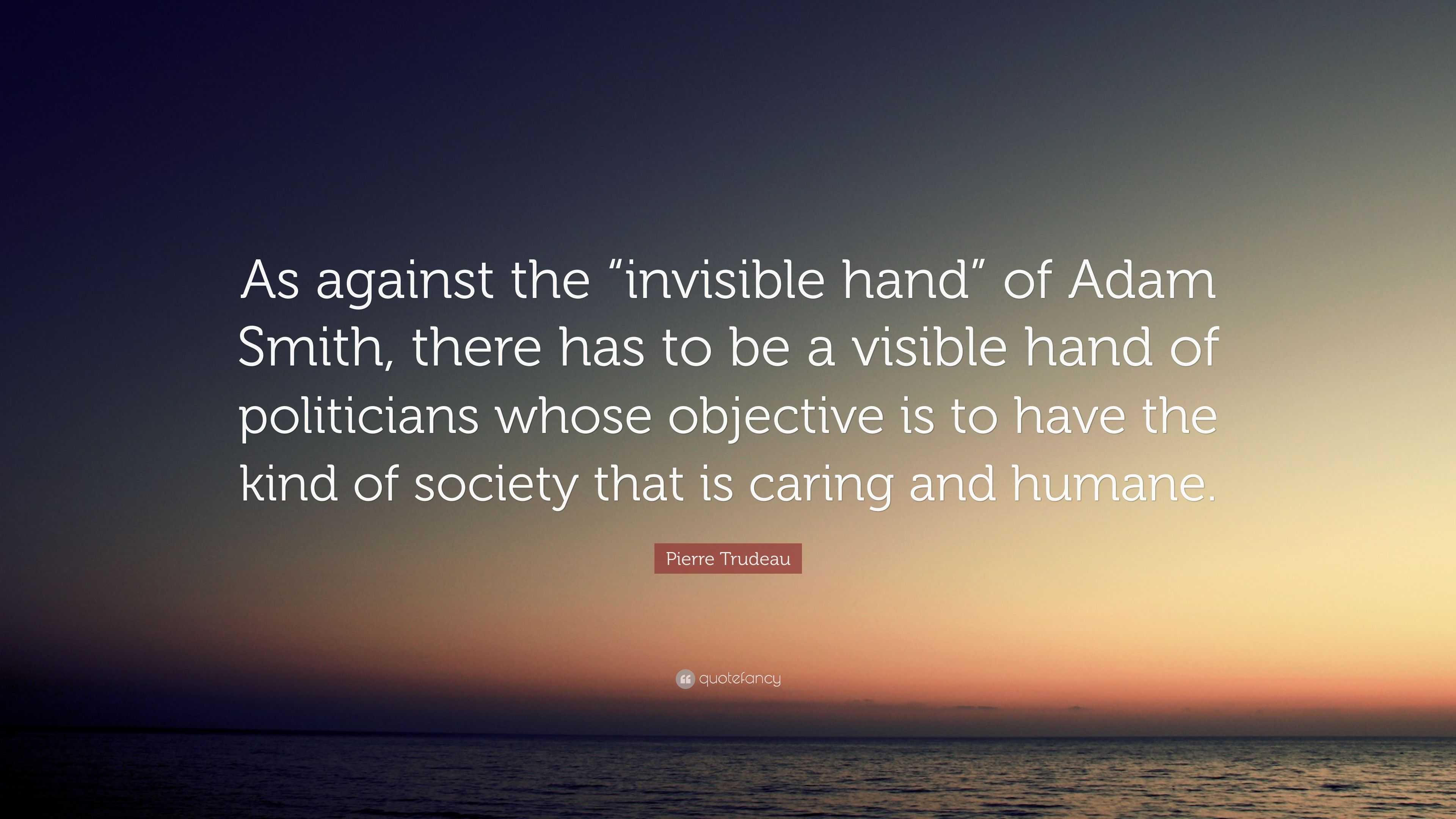


There had to be carpenters and cabinet makers, bricklayers and blacksmiths, weavers and tailors, gunsmiths and bootmakers. The colonies, of course, were largely agricultural but of necessity there were also artisans of all sorts. There was a Whig faction in the British Parliament and many Englishmen were bound to the American cause by strong intellectual and emotional ties.Īdam Smith’s book was warmly received here, not only because it was a great work of literature, but also because it provided a philosophical justification for individual freedom in the areas of manufacture and trade. Adam Smith was a Whig the men we call Founding Fathers were Whigs. The Tories favored the King and the old regime the Whigs worked to increase freedom in society. In England, as in the colonies, there were two opposed political factions-Whigs and Tories. This is a remarkable fact, for there were only three million people living on these shores two centuries ago, and about one-third of these were Loyalists. The Wealth of Nations sold briskly in the American colonies, some 2,500 copies within five years of publication, even though our people were at war. Smith had made a name for himself with an earlier volume entitled Theory of the Moral Sentiments, published in 1759, but he is now remembered mainly for his Wealth of Nations, on which he labored for ten years. We celebrate in 1976 the bicentennial of two significant events, the signing of the American Declaration of Independence, and the publication of The Wealth of Nations by Adam Smith. This article is from a lecture of February ✗, ✙76, at the Taft School, Watertown, Connecticut. Opitz is a member of the staff of the Foundation for Economic Education, a seminar lecturer, and author of the book, Religion and Capitalism: Allies Not Enemies.


 0 kommentar(er)
0 kommentar(er)
